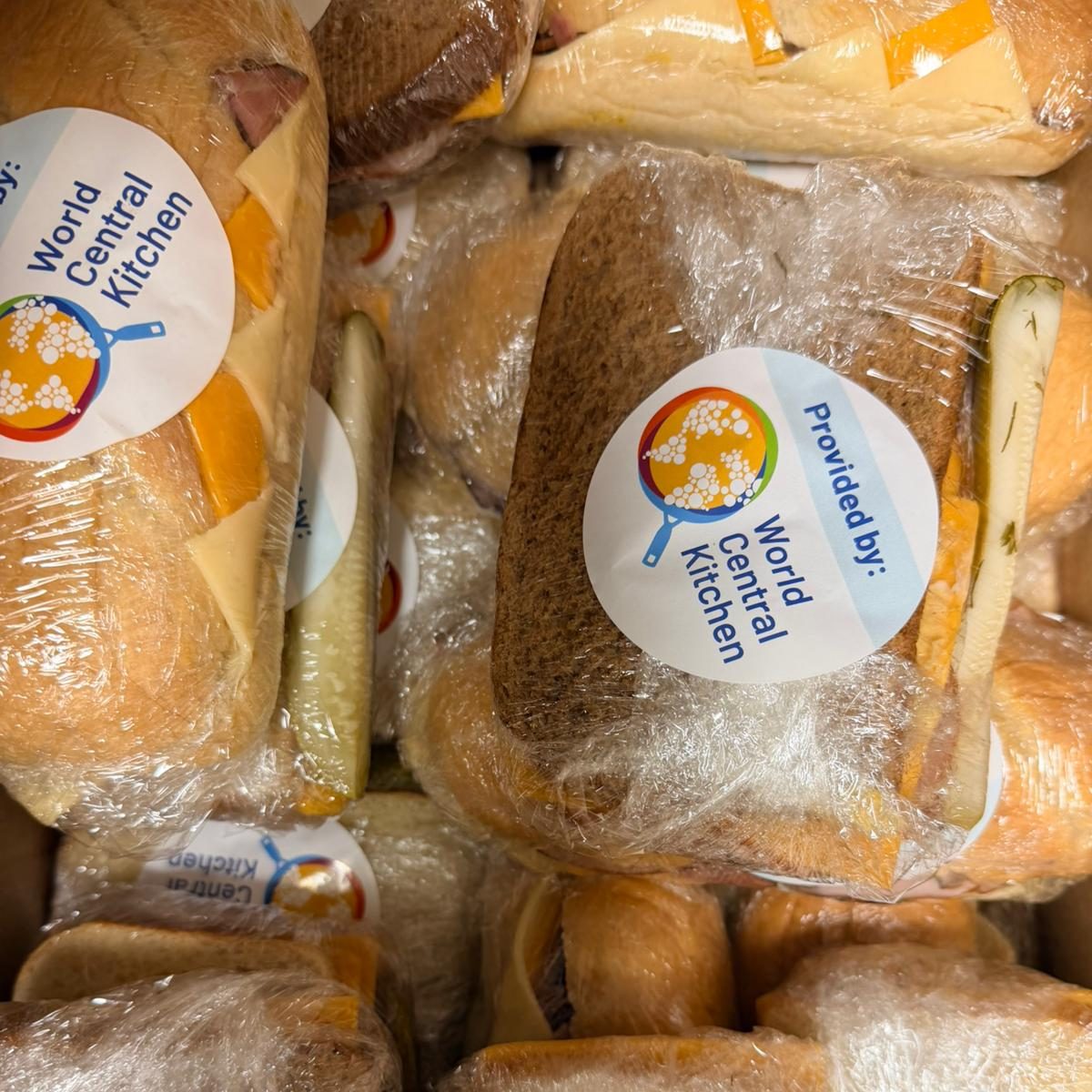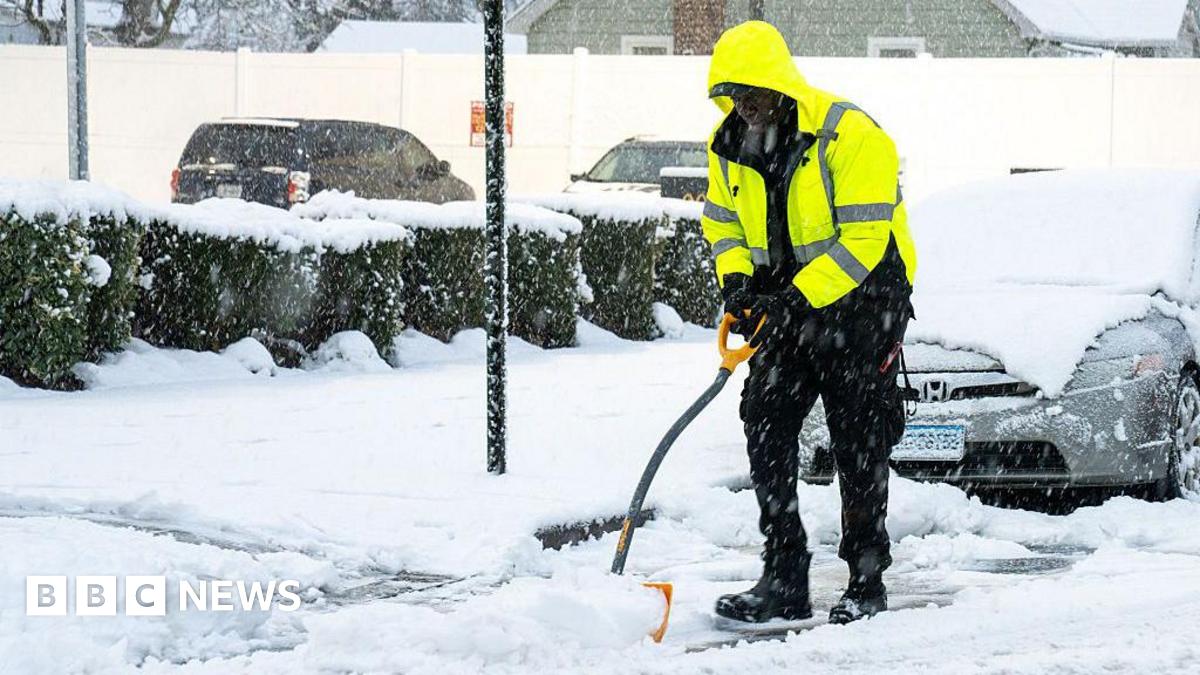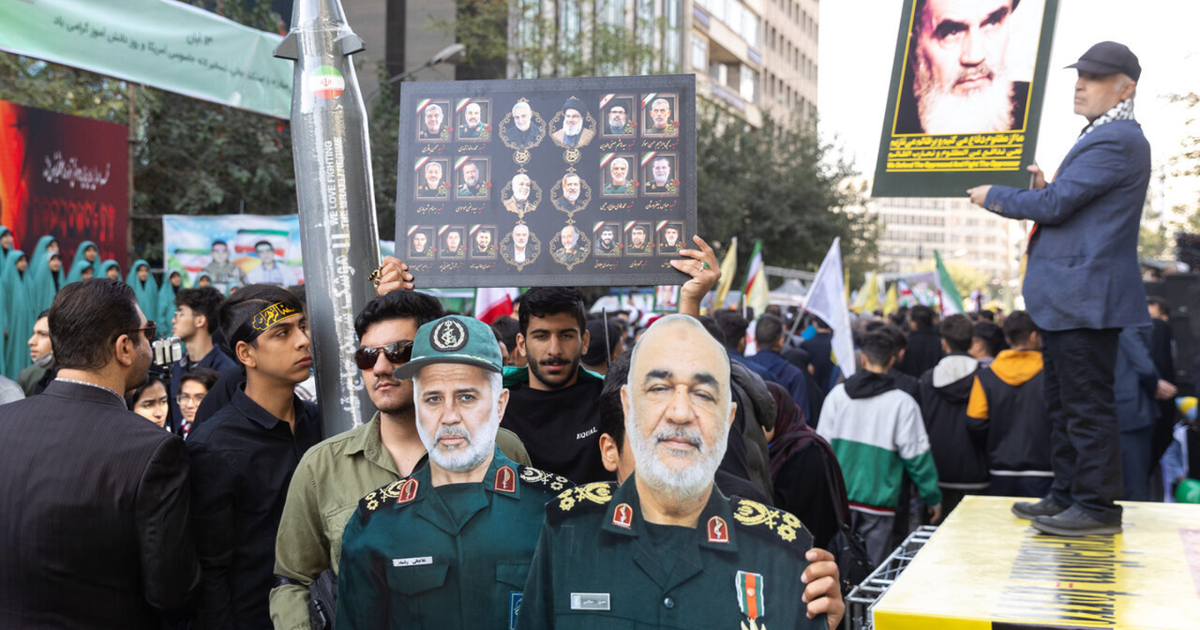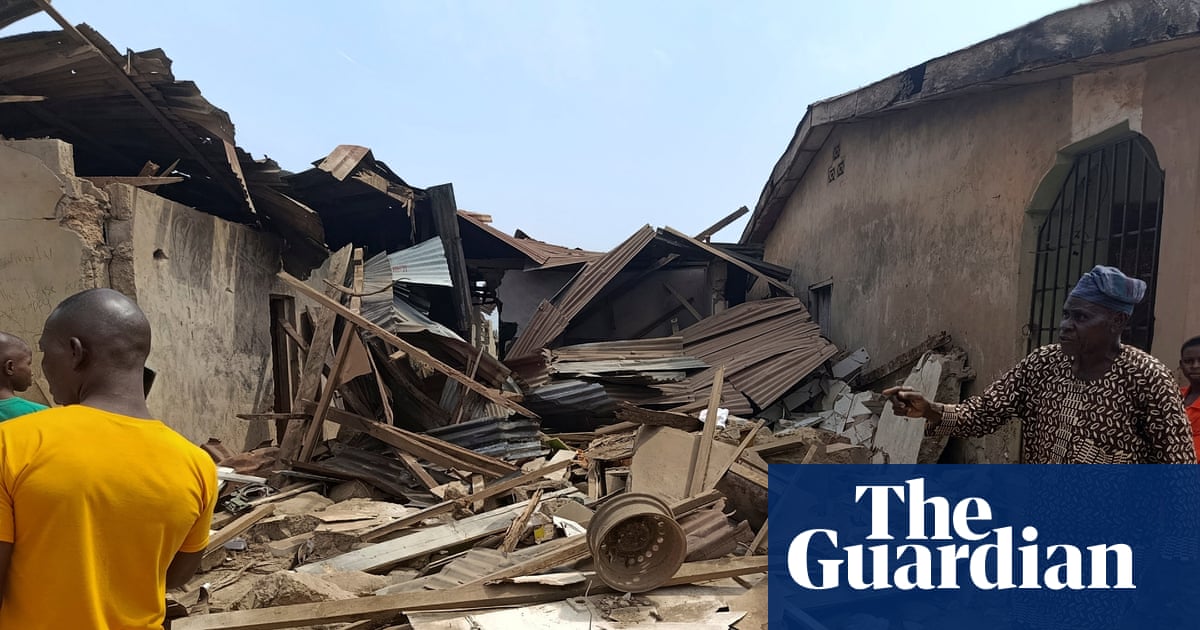A British anti-disinformation campaigner told by the Trump administration that he faces possible removal from the US has said he is being targeted by arrogant and “sociopathic” tech companies for trying to hold them to account.
Imran Ahmed,…

A British anti-disinformation campaigner told by the Trump administration that he faces possible removal from the US has said he is being targeted by arrogant and “sociopathic” tech companies for trying to hold them to account.
Imran Ahmed,…

World Central Kitchen’s Relief Team is on the ground in California, providing meals after heavy rains triggered major flooding in San Bernardino County. Working alongside local restaurant partners, teams are serving hot meals to families…

Thousands of flights across the US have been cancelled or delayed as the north-east braces for a severe winter storm during the peak holiday travel season.
As of Friday night, 1,600 flights across the US had been cancelled and 7,400 had been…

The first video, circulated widely on social media, featured a police officer in the southwestern province of Kohgiluyeh and Boyer-Ahmad. The officer, identified as Staff Sergeant Mohammad-Amin Ardeshir-Moghaddam, serves in the provincial capital…

The US’s Christmas Day strikes against Islamic State targets in Nigeria have been met with praise by Donald Trump supporters who for months had been agitating for the president to respond forcefully to the killings of Christians in the country.

New Year’s Eve celebrations in Sydney will this year pay tribute to the victims of the Bondi terror attack, with events across the city to feature a heavy police presence.
More than one million people are expected to attend Sydney Harbour on New…